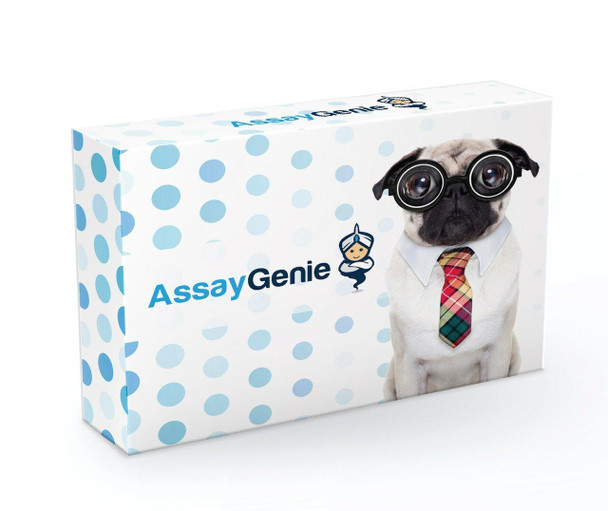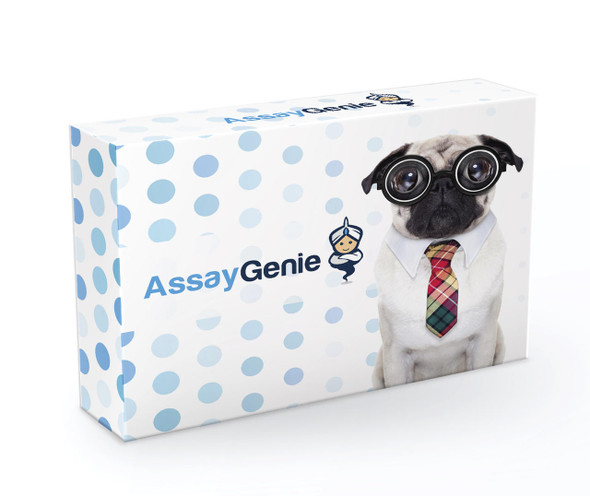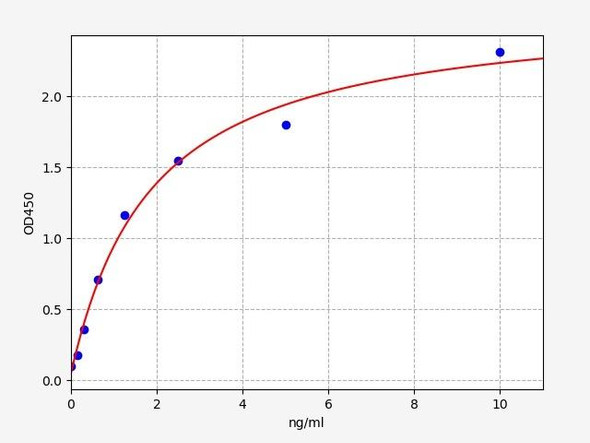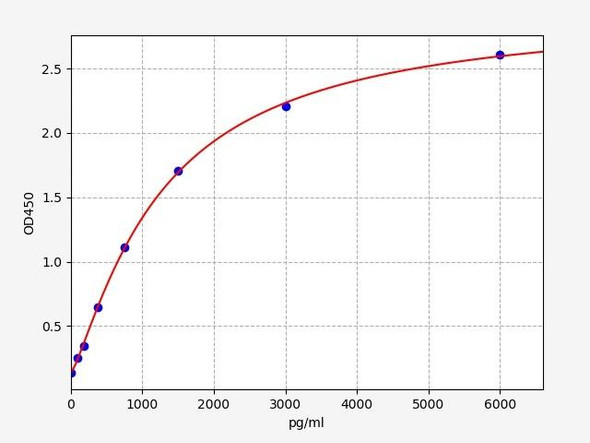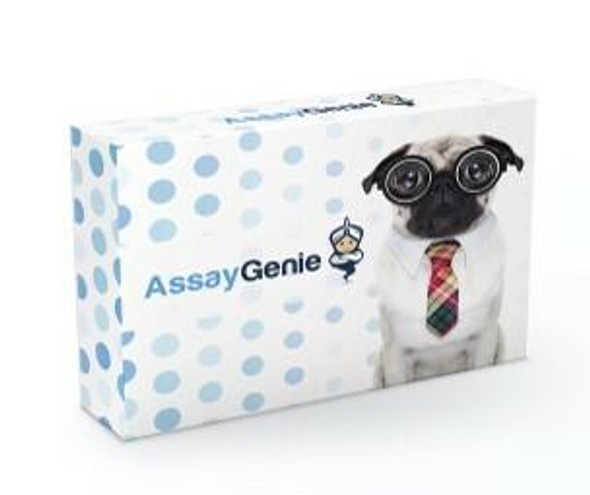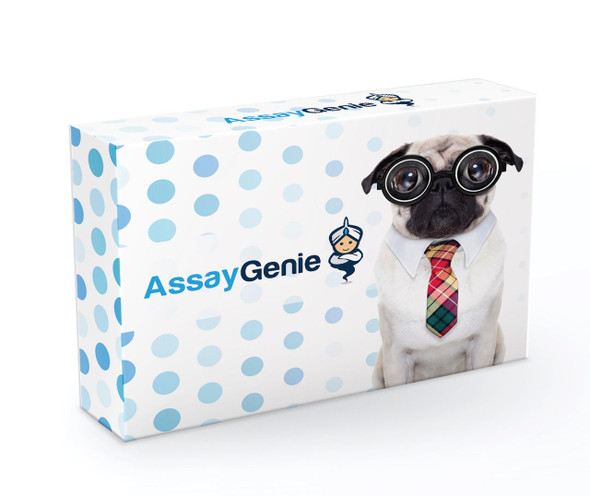Description
Cxcl14 Antibody (PACO32692)
The CXCL14 Polyclonal Antibody (PAC032692) is a key tool for researchers studying the chemokine CXCL14 and its role in immune responses and inflammation. This antibody, produced in rabbits, exhibits high specificity and sensitivity for human samples, making it an ideal choice for Western blot applications. By binding specifically to the CXCL14 protein, researchers can accurately detect and analyze its expression in various cell types.CXCL14, a chemokine known for its anti-angiogenic and anti-tumor properties, is a promising target for studies in cancer research and immunology.
Its ability to regulate immune cell recruitment and tumor microenvironment makes it a valuable molecule to investigate in diseases like cancer and inflammatory conditions. Understanding the function of CXCL14 can provide insights into potential therapeutic strategies targeting the immune response in these contexts.
| Antibody Name: | Cxcl14 Antibody (PACO32692) |
| Antibody SKU: | PACO32692 |
| Size: | 50ug |
| Host Species: | Rabbit |
| Tested Applications: | ELISA |
| Recommended Dilutions: | |
| Species Reactivity: | Mouse |
| Immunogen: | Recombinant Mouse C-X-C motif chemokine 14 protein (23-99AA) |
| Form: | Liquid |
| Storage Buffer: | Preservative: 0.03% Proclin 300 Constituents: 50% Glycerol, 0.01M PBS, PH 7.4 |
| Purification Method: | >95%, Protein G purified |
| Clonality: | Polyclonal |
| Isotype: | IgG |
| Conjugate: | Non-conjugated |
| Background: | Chemotactic for CESS B-cells and THP-1 monocytes, but not T-cells. |
| Synonyms: | C-X-C motif chemokine 14 (B-cell and monocyte-activating chemokine) (Chemokine BRAK) (Kidney-expressed chemokine CXC) (MIP-2G) (Small-inducible cytokine B14), Cxcl14, Bmac Kec Ks1 Mip2g Scyb14 |
| UniProt Protein Function: | CXCL14: Potent chemoattractant for neutrophils, and weaker for dendritic cells. Not chemotactic for T-cells, B-cells, monocytes, natural killer cells or granulocytes. Does not inhibit proliferation of myeloid progenitors in colony formation assays. Belongs to the intercrine alpha (chemokine CxC) family. |
| UniProt Protein Details: | Protein type:Chemokine; Motility/polarity/chemotaxis; Secreted; Secreted, signal peptide Chromosomal Location of Human Ortholog: 13|13 B1 Cellular Component: extracellular region; extracellular space; Golgi apparatus Molecular Function:chemokine activity; cytokine activity Biological Process: cell-cell signaling; immune response; inner ear development; negative regulation of myoblast differentiation |
| UniProt Code: | Q9WUQ5 |
| NCBI GenInfo Identifier: | 119392098 |
| NCBI Gene ID: | 57266 |
| NCBI Accession: | NP_062514.2 |
| UniProt Secondary Accession: | Q9WUQ5,Q548T5, Q91V02, Q9JHH7, |
| UniProt Related Accession: | Q9WUQ5 |
| Molecular Weight: | 11,716 Da |
| NCBI Full Name: | C-X-C motif chemokine 14 |
| NCBI Synonym Full Names: | chemokine (C-X-C motif) ligand 14 |
| NCBI Official Symbol: | Cxcl14 |
| NCBI Official Synonym Symbols: | KS1; Kec; BMAC; BRAK; NJAC; MIP-2g; Scyb14; AI414372; bolekine; MIP2gamma; 1110031L23Rik; 1200006I23Rik |
| NCBI Protein Information: | C-X-C motif chemokine 14 |
| UniProt Protein Name: | C-X-C motif chemokine 14 |
| UniProt Synonym Protein Names: | B-cell and monocyte-activating chemokine; Chemokine BRAK; Kidney-expressed chemokine CXC; MIP-2G; Small-inducible cytokine B14 |
| UniProt Gene Name: | Cxcl14 |

